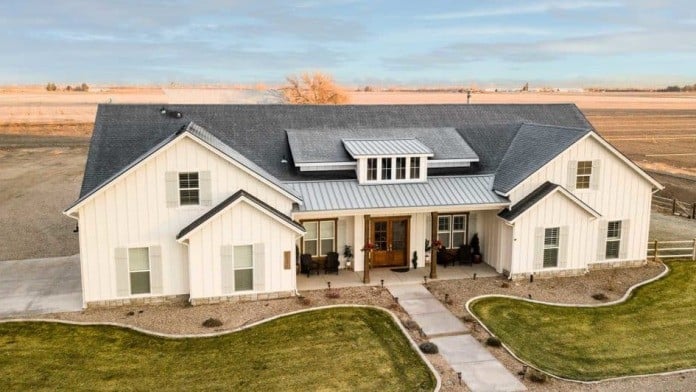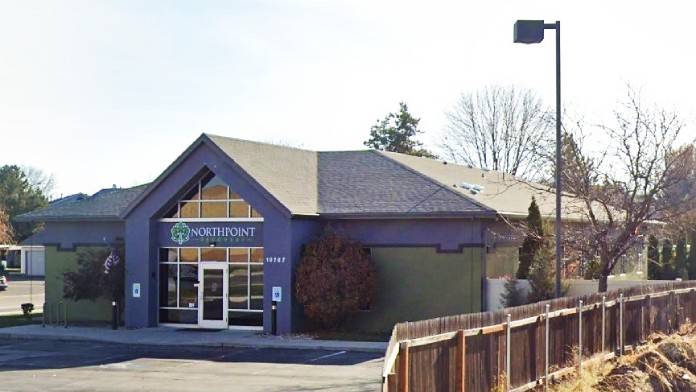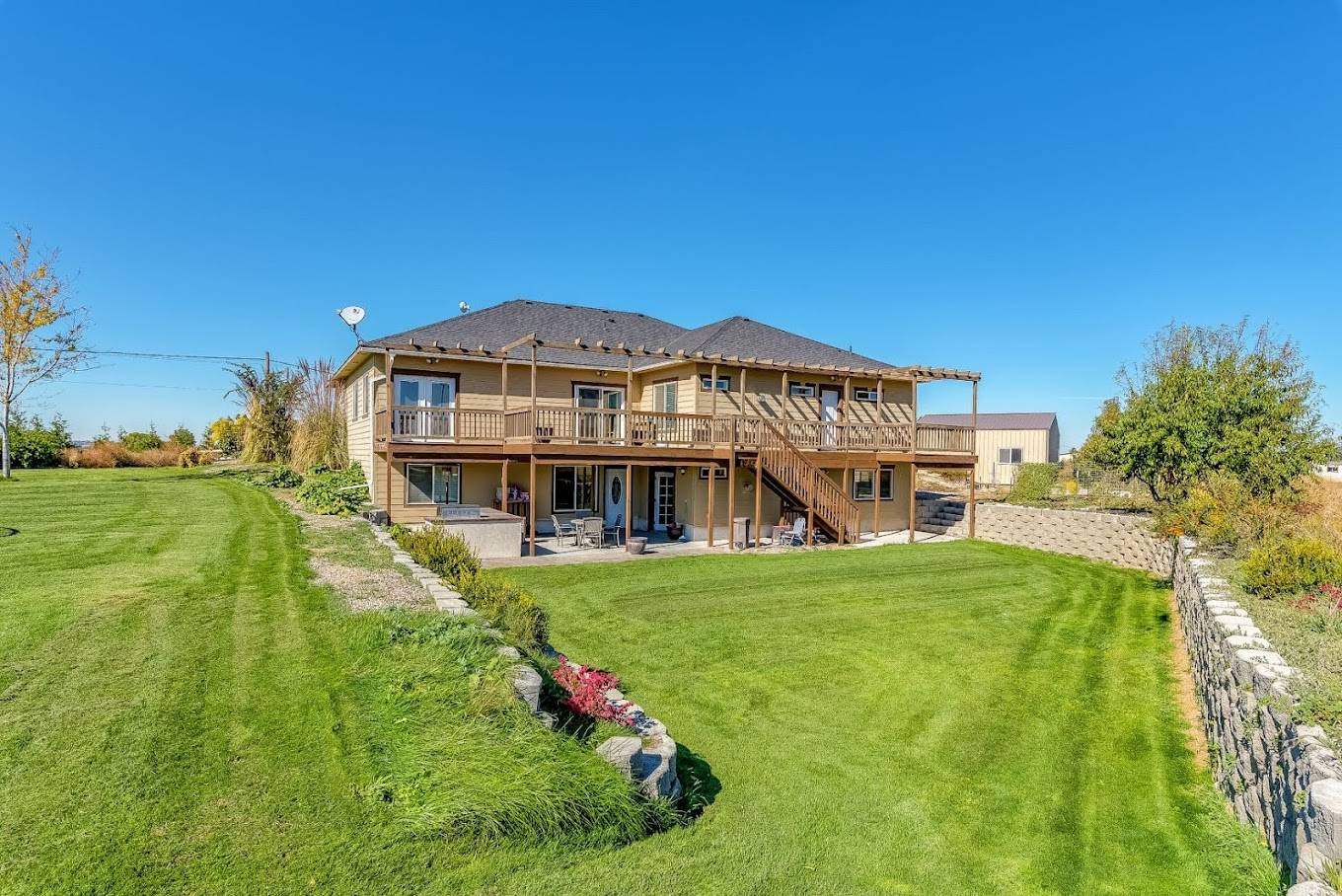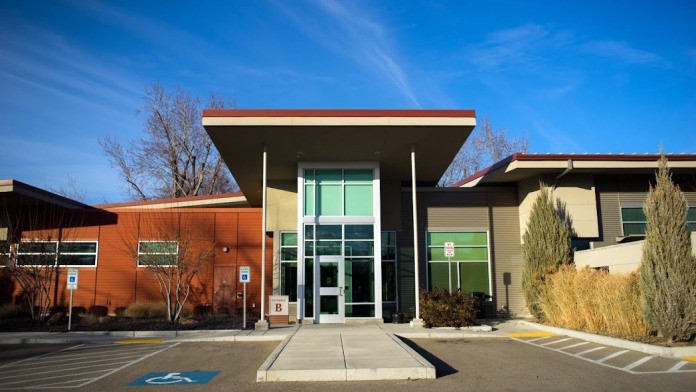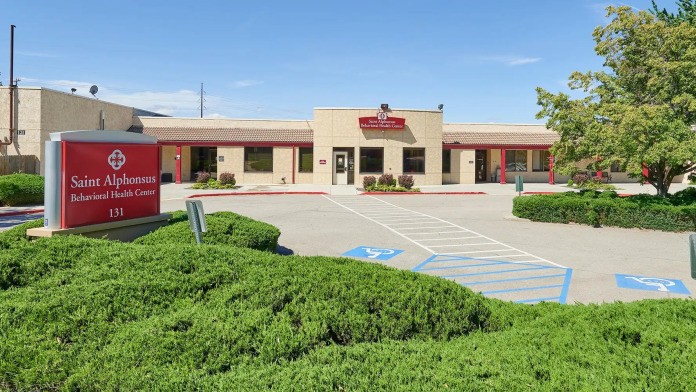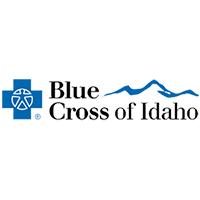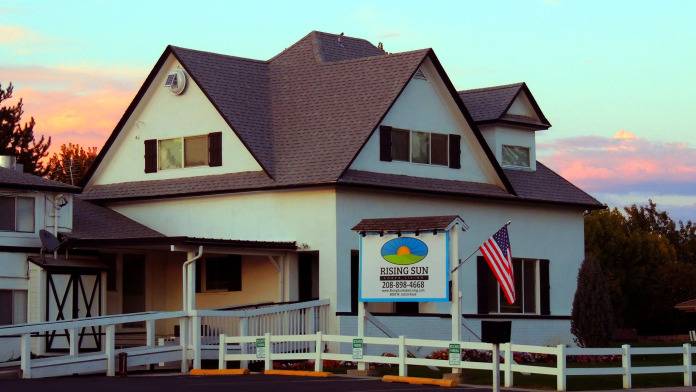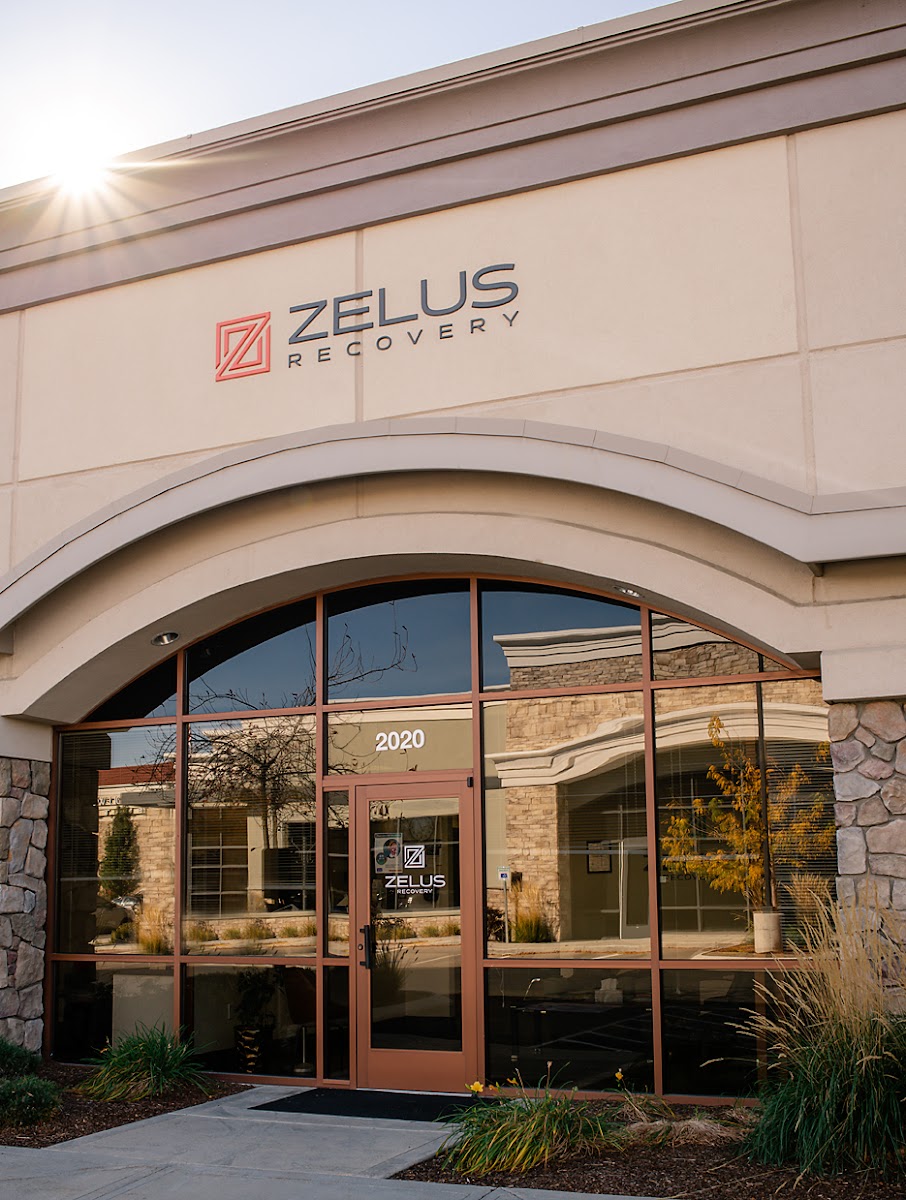All the counselors are here to help you but sometimes the customer service staff attend you so slow.
About Access Behavioral Health Services
The clinic offers individual therapy to the public that enables clients to access a licensed therapist for help with sorting out their feelings, thoughts and behaviors. This sort of therapy is a part of their individualized plan and helps them develop coping strategies when it comes to their mental health. They provide family therapy as well, understanding that mental health can also be a family affair.
In addition to improving family communication, they also address conflicts and help each person navigate his or her experiences with mental illness. This family therapy helps relatives create strong bonds with each other and helps them reach a place of a mutual understanding.
A unique service for children they provide is play therapy, which is a vehicle to engage children in expressing their thoughts and feelings, as they may not have the ability to articulate them the way that older children or adults can. Trained therapists can understand the emotional life of a child by observing their play and use this to help them cope with trauma, anxiety or behavioral issues in a non-threatening setting.
Another great program is their comprehensive substance abuse treatment program for those struggling with addiction. Their strategy starts with a substance use evaluation used to measure each client’s levels of addiction. From there, providers develop plans for treatment. Individuals can attend individual counseling, where they are given the chance to dig into the root causes of their substance use and also learn techniques that help avoid lapses.
Group therapy is another service they provide. During this time, individuals seek assistance through connection with one another. Involving group therapy gives people an opportunity to open up and allows them to listen, support each other and learn from the collective knowledge of the other members.
Access Behavioral Health also indicates the importance of enabling clients to achieve better functioning in their daily lives through Community-Based Rehabilitation Services (CBRS). This program is designed to help people who have severe and persistent mental illness by teaching them basic life skills, assisting in managing symptoms and promoting independent living.
Latest Reviews
Thank you so much for taking the time to share this generous review. We’re truly sorry for the difficult experience you had with a previous provider, but we’re very glad 988 was able to connect you with us and that we could get you in quickly when you needed it.
Susan and the rest of our team will be thrilled to hear your feedback. We work hard to make sure our systems run smoothly and that every interaction—whether it’s with a provider, our front desk, or our in-house pharmacy—feels supportive, respectful, and efficient.
It means a lot to know you feel well cared for here. We’re grateful for your trust and are honored to be part of your care team.
— Robert Andrews - Clinic Director - Boise Access Behavioral Health Services
Rehab Score
Gallery
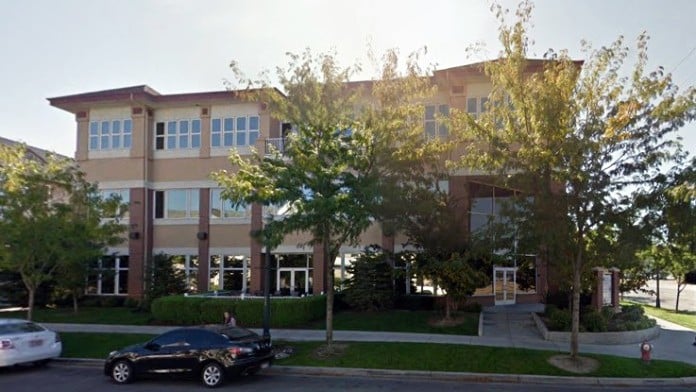
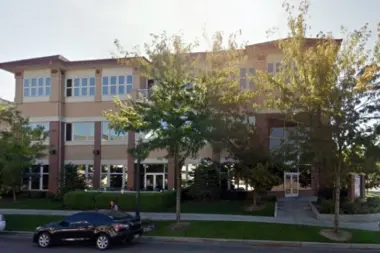
Accepted Insurance


Other Forms of Payment
Medicaid is a state based program that helps lower-income individuals and families pay for healthcare. Medicaid covers addiction treatment so those enrolled can use their coverage to pay for rehab. When a program accepts Medicaid the client often pays very little or nothing out of their own pocket.
Private insurance refers to any kind of healthcare coverage that isn't from the state or federal government. This includes individual and family plans offered by an employer or purchased from the Insurance Marketplace. Every plan will have different requirements and out of pocket costs so be sure to get the full details before you start treatment.
Self-pay involves paying for treatment out of your own pocket. You can use savings or credit, get a personal loan, or receive help from family and friends to fund your treatment. If you don't have insurance or your insurance plan doesn't cover a specific program, self-pay can help ensure you still get the care you need.
Financial aid can take many forms. Centers may have grants or scholarships available to clients who meet eligibility requirements. Programs that receive SAMHSA grants may have financial aid available for those who need treatment as well. Grants and scholarships can help you pai for treatment without having to repay.
Sliding scale payments are based on a client's income and family size. The goal is to make treatment affordable to everyone. By taking these factors into account, addiction recovery care providers help ensure that your treatment does not become a financial burden to you or your family, eliminating one barrier to care.
Military members, veterans, and eligible dependents have access to specific insurance programs that help them get the care they need. TRICARE and VA insurance can help you access low cost or no cost addiction and mental health treatment. Programs that accept military insurance often have targeted treatment focused on the unique challenges military members, veterans, and their families face.
Private insurance refers to any kind of healthcare coverage that isn't from the state or federal government. This includes individual and family plans offered by an employer or purchased from the Insurance Marketplace. Every plan will have different requirements and out of pocket costs so be sure to get the full details before you start treatment.
Addiction Treatments
Levels of Care
Outpatient Programs (OP) are for those seeking mental rehab or drug rehab, but who also stay at home every night. The main difference between outpatient treatment (OP) and intensive outpatient treatment (IOP) lies in the amount of hours the patient spends at the facility. Most of the time an outpatient program is designed for someone who has completed an inpatient stay and is looking to continue their growth in recovery. Outpatient is not meant to be the starting point, it is commonly referred to as aftercare.
Clients requiring treatment in an inpatient rehab are often those who need stabilization support as they exit detox or contend with a life crisis. Residing at the treatment facility enables clients to focus exclusively on their recovery. They engage in extensive psychotherapy and recovery-focused life skills training to support their sustained sobriety and prepare them for outpatient and community-based care. Evidence-based holistic therapies, such as experiential therapy and meditation, are also commonly available.
Intensive Outpatient Programs (IOP) are for those who want or need a very structured treatment program but who also wish to live at home and continue with certain responsibilities (such as work or school). IOP substance abuse treatment programs vary in duration and intensity, and certain outpatient rehab centers will offer individualized treatment programs.
Clients participating in a rehab aftercare program receive a variety of services designed to support their sustained sobriety and successful reintegration into their home, workplace, and community. Rehab aftercare services may include formal outpatient care, such as addiction counseling and recovery education provided in an outpatient treatment center. They may also include community-based services, including 12 step program induction, peer coaching, and vocational training. These programs are typically designed in partnership with the client's case manager.
A sober living home in Idaho is a residence where individuals in recovery stay until they feel ready to live on their own. These drug-free environments can help individuals transition from inpatient rehab to day-to-day life. Typically, residents stay for at least 90 days, but they can remain for as long as they continue to abide by halfway house rules. These include maintaining sobriety, contributing to household chores, paying rent, and abiding by a curfew.
When an individual's life is negatively impacted by substance use but they are resistant to treatment, a drug intervention in Idaho may be appropriate. Drug intervention programs are designed to break through this resistance and motivate the person to get help. During the intervention, the specialist helps loved ones bring reality to the individual and break through barriers that are preventing them from getting the help they need.
Treatments
The goal of treatment for alcoholism is abstinence. Those with poor social support, poor motivation, or psychiatric disorders tend to relapse within a few years of treatment. For these people, success is measured by longer periods of abstinence, reduced use of alcohol, better health, and improved social functioning. Recovery and Maintenance are usually based on 12 step programs and AA meetings.
Drug rehab in Idaho provides treatment for addiction to drugs. It usually includes a combination of treatment methods that can involve counseling, medication, and a variety of evidence-based therapies. Programs are designed to help individuals manage their substance use disorder long-term.
A combined mental health and substance abuse rehab has the staff and resources available to handle individuals with both mental health and substance abuse issues. It can be challenging to determine where a specific symptom stems from (a mental health issue or an issue related to substance abuse), so mental health and substance abuse professionals are helpful in detangling symptoms and keeping treatment on track.
Opioid rehabs specialize in supporting those recovering from opioid addiction. They treat those suffering from addiction to illegal opioids like heroin, as well as prescription drugs like oxycodone. These centers typically combine both physical as well as mental and emotional support to help stop addiction. Physical support often includes medical detox and subsequent medical support (including medication), and mental support includes in-depth therapy to address the underlying causes of addiction.
Substance abuse treatment programs in Idaho may be able to address the unique needs of individuals struggling with drugs and alcohol. These rehab programs include detox, medication-assisted treatment, residential drug and alcohol rehab, and outpatient programs. Therapies like cognitive behavioral therapy, or dialectical behavioral therapy, trauma-informed therapy, and process groups address the underlying causes of addiction. You'll also learn coping skills, relapse prevention strategies, and tools to enhance your relationships — which are skills for long-term recovery.
Programs
Adult rehab programs include therapies tailored to each client's specific needs, goals, and recovery progress. They are tailored to the specific challenges adult clients may face, including family and work pressures and commitments. From inpatient and residential treatment to various levels of outpatient services, there are many options available. Some facilities also help adults work through co-occurring conditions, like anxiety, that can accompany addiction.
Young adulthood can be an exciting, yet difficult, time of transition. Individuals in their late teens to mid-20s face unique stressors related to school, jobs, families, and social circles, which can lead to a rise in substance use. Rehab centers with dedicated young adult programs will include activities and amenities that cater to this age group, with an emphasis on specialized counseling, peer socialization, and ongoing aftercare.
Clinical Services
Cognitive Behavioral Therapy (CBT) is a therapy modality that focuses on the relationship between one's thoughts, feelings, and behaviors. It is used to establish and allow for healthy responses to thoughts and feelings (instead of unhealthy responses, like using drugs or alcohol). CBT has been proven effective for recovering addicts of all kinds, and is used to strengthen a patient's own self-awareness and ability to self-regulate. CBT allows individuals to monitor their own emotional state, become more adept at communicating with others, and manage stress without needing to engage in substance abuse.
Dialectical Behavior Therapy (DBT) is a modified form of Cognitive Behavioral Therapy (CBT), a treatment designed to help people understand and ultimately affect the relationship between their thoughts, feelings, and behaviors. DBT is often used for individuals who struggle with self-harm behaviors, such as self-mutilation (cutting) and suicidal thoughts, urges, or attempts. It has been proven clinically effective for those who struggle with out-of-control emotions and mental health illnesses like Borderline Personality Disorder.
Group therapy is any therapeutic work that happens in a group (not one-on-one). There are a number of different group therapy modalities, including support groups, experiential therapy, psycho-education, and more. Group therapy involves treatment as well as processing interaction between group members.
In individual therapy, a patient meets one-on-one with a trained psychologist or counselor. Therapy is a pivotal part of effective substance abuse treatment, as it often covers root causes of addiction, including challenges faced by the patient in their social, family, and work/school life.
Unlike other more coercive methods, motivational interviewing does not impose change on the client. Instead, the therapist asks questions, listens, and reflects the client's thoughts back to them. This helps the person come to their own conclusions and supports making changes on their own terms based on those conclusions.
Trauma therapy addresses traumatic incidents from a client's past that are likely affecting their present-day experience. Trauma is often one of the primary triggers and potential causes of addiction, and can stem from child sexual abuse, domestic violence, having a parent with a mental illness, losing one or both parents at a young age, teenage or adult sexual assault, or any number of other factors. The purpose of trauma therapy is to allow a patient to process trauma and move through and past it, with the help of trained and compassionate mental health professionals.
Research clearly demonstrates that recovery is far more successful and sustainable when loved ones like family members participate in rehab and substance abuse treatment. Genetic factors may be at play when it comes to drug and alcohol addiction, as well as mental health issues. Family dynamics often play a critical role in addiction triggers, and if properly educated, family members can be a strong source of support when it comes to rehabilitation.
Recreational therapy is typically included in a holistic approach to drug and alcohol addiction treatment. It integrates activities like hiking, team sports, and art to improve physical fitness, provide an emotional outlet, and improve your social connections with others. These are skills you need to rebuild your life and maintain your sobriety.
Amenities
-
Residential Setting
-
Private Rooms
Staff & Accreditations
Staff
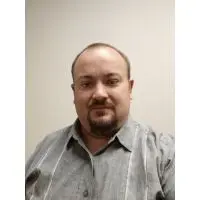
Aaron Andreasen, LPC
Licensed Professional Counselor

Robert Andrews
Clinic Manager

Pamela Archuleta
Psychiatric Nurse Practitioner
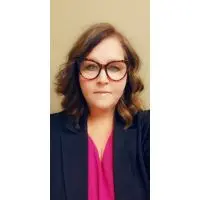
Cheryl Botting-Hammack, Ph.D.
Service Extender

Amber Dillon, LPC
Licensed Professional Counselor
Accreditations

State Licenses are permits issued by government agencies that allow rehab organizations to conduct business legally within a certain geographical area. Typically, the kind of program a rehab facility offers, along with its physical location, determines which licenses are required to operate legally.
State License: Idaho
License Number: Idaho
Contact Information
1276 River street
Suite 100
Boise ID, 83702

